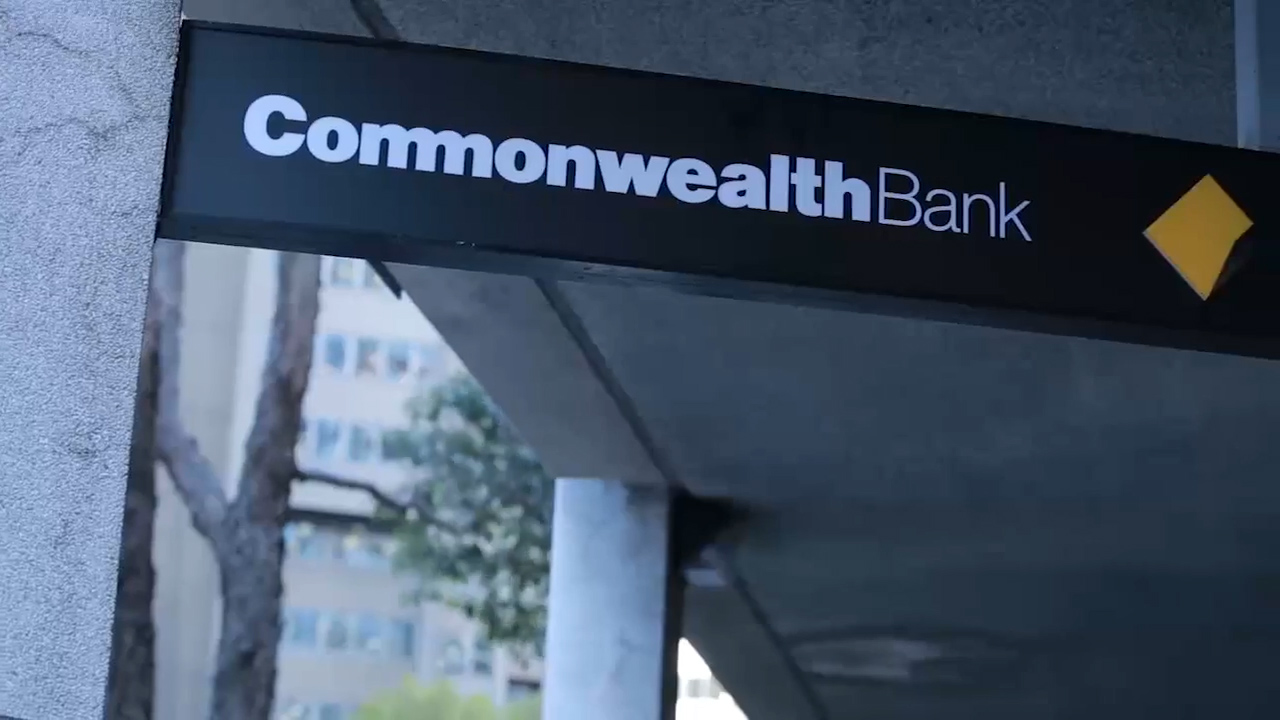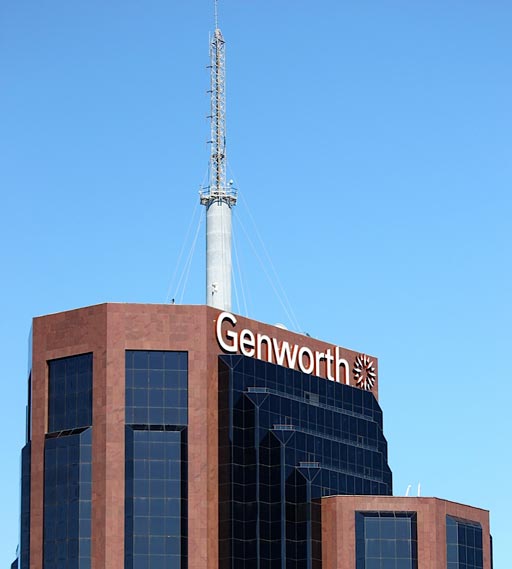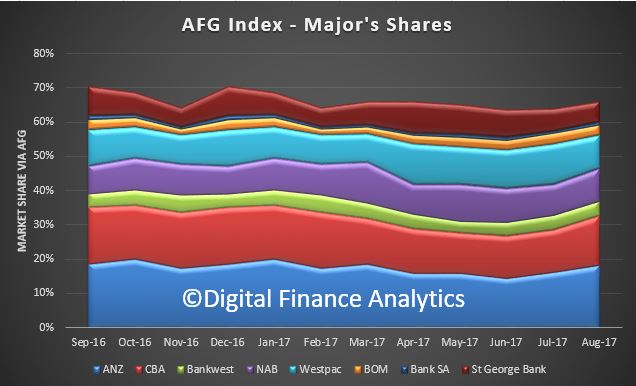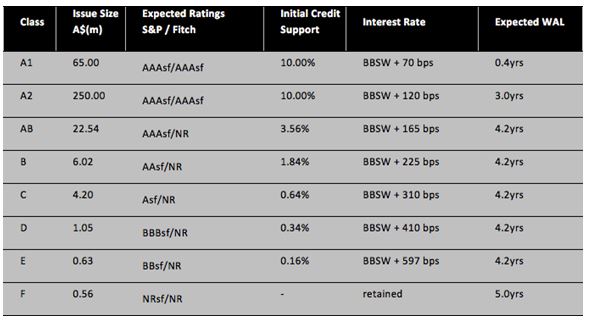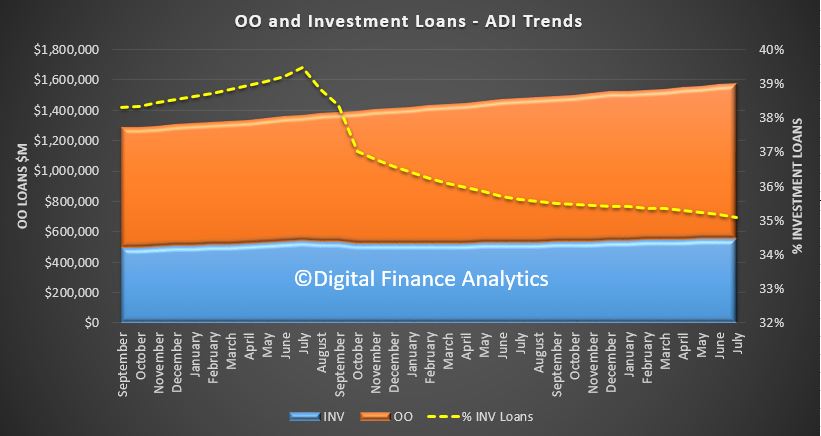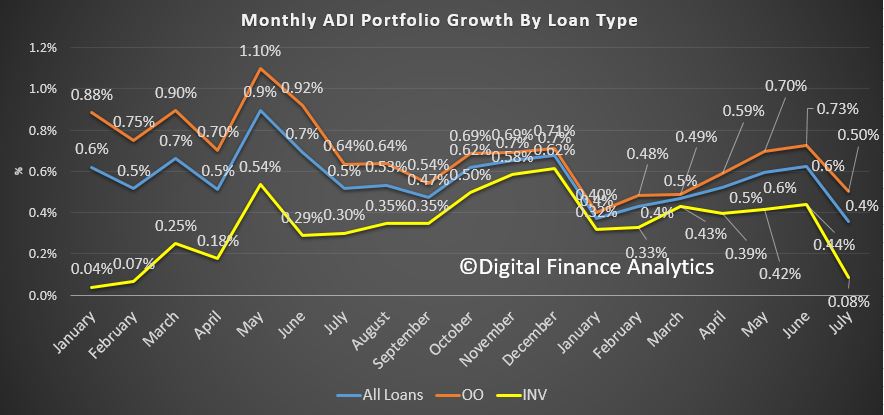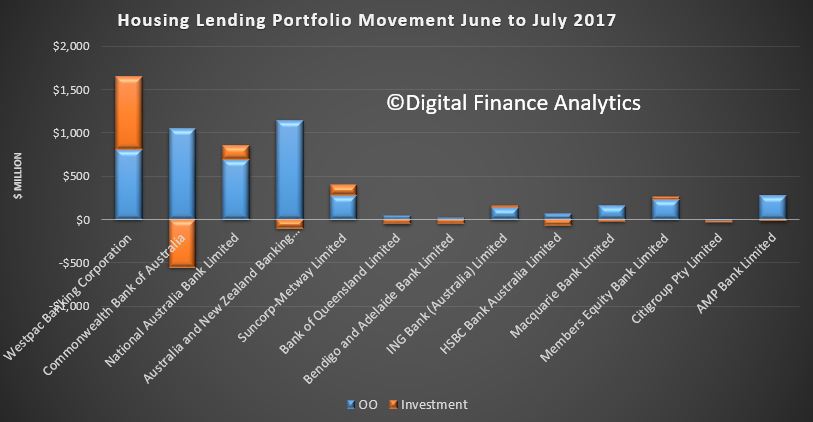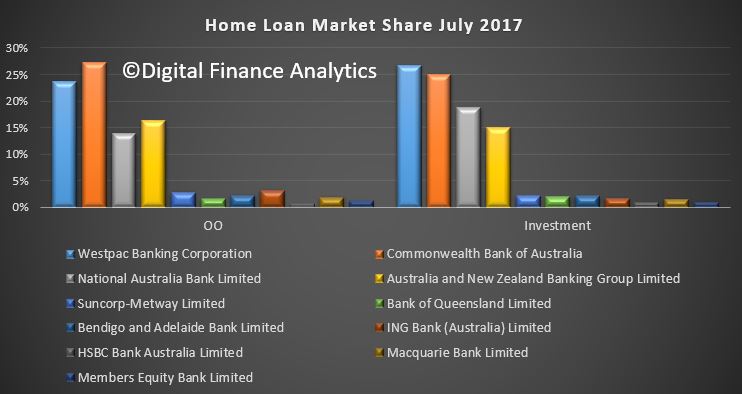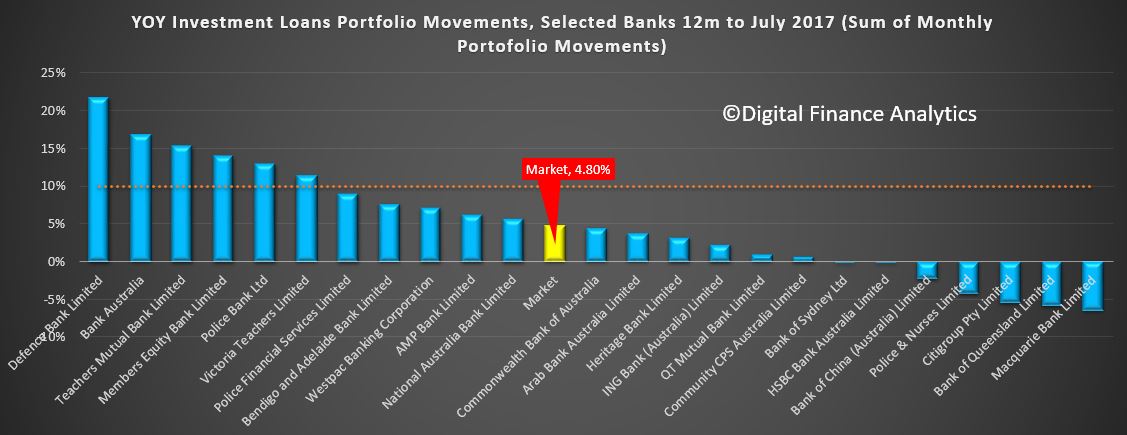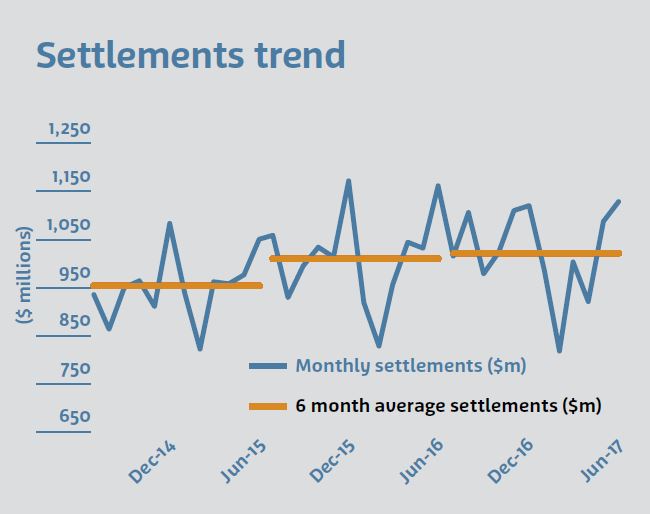The latest data shows that customers of the smaller mortgage lenders are significantly more likely to be satisfied than those using the big four. And overall the smaller players are hitting the high note in terms of service compared with their larger competitors, with mortgages leading the way. 
According to Roy Morgan Research, customer satisfaction with Bendigo Bank in August 2017 was 89.3%, making it the top performer among the ten largest consumer banks. Not only was Bendigo the satisfaction leader but it improved it’s rating over the month by 0.9% points, against an overall decline of 0.2% points for banks in total.
Smaller banks lead in customer satisfaction
Not only does Bendigo Bank lead in customer satisfaction among the major ten banks with 89.3% but it was followed by other small banks such as ING Direct with 86.7%, Bank of Queensland (84.2%), Suncorp (83.0%) and St George (82.0%). The best performer among the four majors was the CBA with 80.2%, followed by Westpac on 78.5%, NAB (78.4%) and ANZ (77.3%). The overall average satisfaction for all banks was 80.8% in August.
Consumer Banking Satisfaction August 2017 - 10 Largest Consumer Banks11. Based on customer numbers 2. Include banks not shown Source: Roy Morgan Single Source (Australia). 6 months ended July 2017, n= 26,184; 6 months ended August 2017, n= 26,119. Base: Australians 14+
Over the last month the major banks to show improved satisfaction were Bendigo Bank (up 0.9% points), Bank of Queensland (up 0.7% points), Suncorp (up 0.5% points), Westpac (up 0.4% points) and NAB (up 0.1% point). The biggest drop in satisfaction was by ING Direct (down 1.2% points) but they remained in clear second place overall.
Low satisfaction among mortgage customers of the big four banks reduce their overall satisfaction
The mortgage customers of each of the big four banks continue to be a drag on their overall satisfaction, despite historically low home-loan rates. Over the last month, satisfaction among the big four’s home-loan customers has fallen marginally further behind their other customers with a decline of 0.4% points to 75.7%, compared to a drop of only 0.1% points for non home-loan customers (to 79.8%).
Satisfaction of Mortgage and Non-Mortgage Customers August 2017 - 10 Largest Consumer Banks11. Based on customer numbers Source: Roy Morgan Single Source (Australia). 6 months ended July 2017, n= 26,184; 6 months ended August 2017, n= 26,119. Base: Australians 14+
Bendigo Bank has the highest home-loan customer satisfaction (of the top 10) with 96.3%, followed by Bank of Queensland with 93.6%. These two remain well ahead of their major competitors, with the next best being ING Direct (86.8%). The CBA has the highest home-loan customer satisfaction of the big four with 77.4% (down 0.7% points over the last month), followed by NAB on 75.4% (up 1.6% points).

